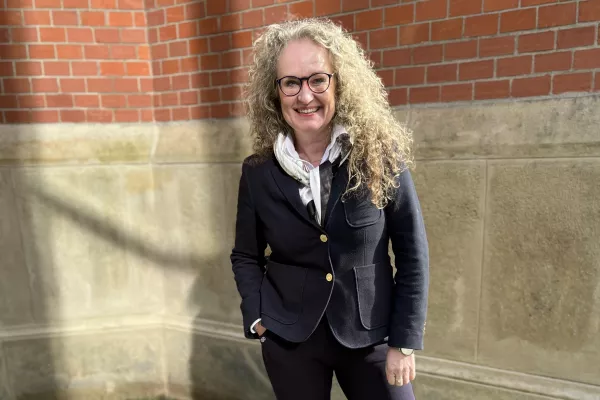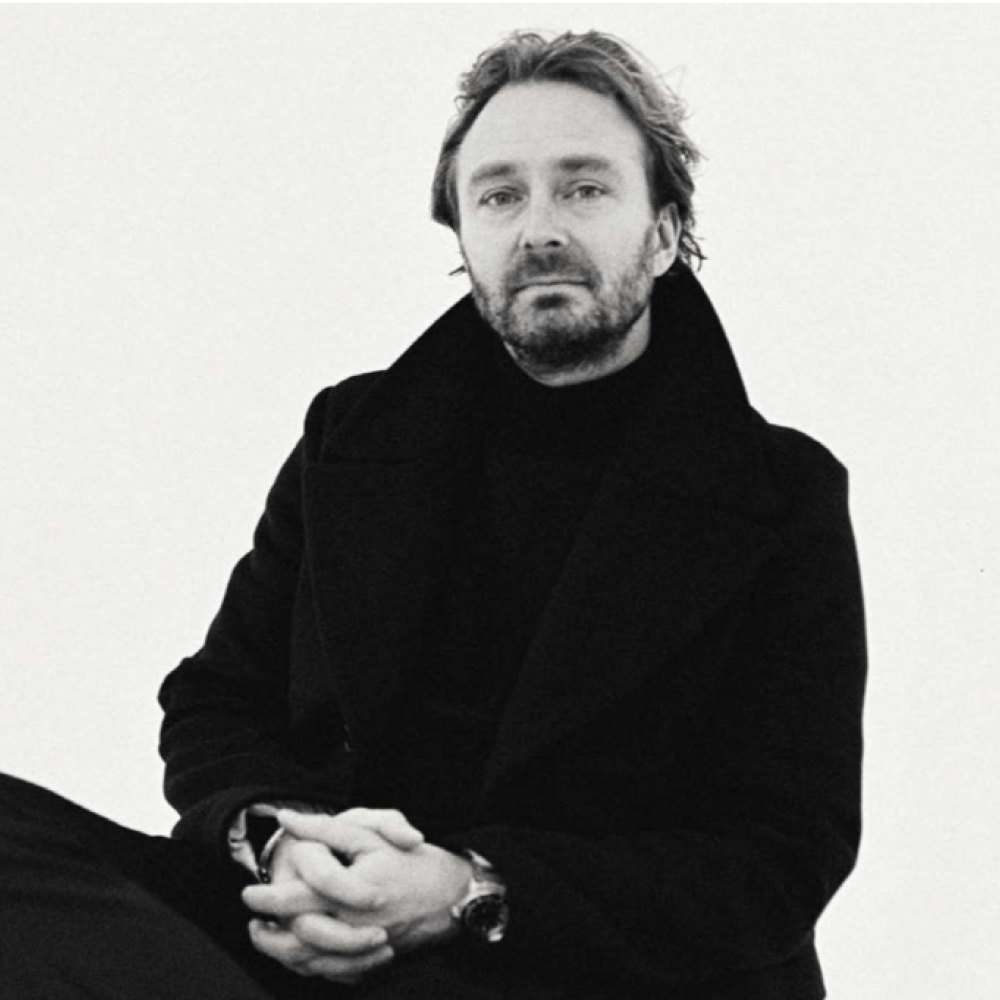
Psychologist Leona Vysloužilová received her master's degree at Palacký University in Olomouc in psychology (at the Faculty of Philosophy) and pedagogy (at the Faculty of Education). She is a graduate of a five-year comprehensive self-experience training in psychotherapy with an integrative focus and other courses focused on transactional analysis, relaxation and imaginative techniques, psychosomatics, working with the inner child, dramatherapy and Sand-play therapy. She currently works as a psychologist and psychotherapist with children, adults and adolescents in private psychological practice. Her therapeutic work is based on a depth analytic approach and she enjoys integrating different psychotherapeutic techniques. She has also previously worked in the clinical sphere as a psychologist in the health care sector. In addition to her therapeutic work, she has been a lecturer for thirty years. She teaches communication, self-experience and motivation courses, burnout prevention, personal growth, presentation and self-development courses.
You can meet her in person at the Telegraph on October 25, 2023 at 6:00 p.m. for her Path to Preventing Burnout Syndrome lecture.
You could say you've been doing psychotherapy your whole professional life. What still fascinates you about the profession today?
I am fascinated by the psychotherapeutic process itself, where clients come to me with a particular problem. Together we then try to search, investigate and find the cause of the difficulty. For me, psychotherapy is an immersion into the depths of the client's soul. Sometimes it is discovering life below the surface and sometimes we go deeper to the wreckage of a shipwreck.
How do you perceive the status of the psychology/psychotherapy profession in our society today?
I see the profession of psychologist and psychotherapist as very necessary. The demand for our services has increased extremely. I am not happy about this fact, there are more children and adolescents in my therapy. The question what is it is asked repeatedly in professional circles. I personally perceive a great deal of pressure and emphasis on performance in society in general, which we seem not to know how to work with and we get stressed.
What do your clients most often turn to you for?
It is a wide range of anxiety disorders, depressive conditions and partner difficulties. Not least, loss of energy, motivation, enjoyment of life and personal and professional burnout.
What do we mean by burnout?
Definition says that burnout syndrome is a state of total exhaustion of the body due to excessive mental and emotional demands placed on professional life. As a result, it is a very serious condition affecting a person in its entirety, which markedly reduces his or her quality of life and often leads to incapacity for work.
What role do stress and lack of coping mechanisms play in the development of burnout syndrome?
Surely a big one. We find burnout factors in three areas. On the personality side of the client, it is the aforementioned lack of coping mechanisms, but also perfectionism, low levels of assertiveness and the inability to say NO. The second area that contributes to the burnout syndrome is on the part of the employer and the job itself. In particular, there are the demands of high performance, the monotony of the work and the meaninglessness of the job. A final area that contributes in no small part to burnout syndrome is the client's non-work sphere. This is, for example, personal background, diet, interests, physical exercise, etc.
What can we all do for ourselves to avoid being affected by burnout syndrome?
If I were to use an association, I would put it this way: Take care of your inner fire and keep it burning, burning long, burning nice and making you happy.
What can attendees look forward to at your talk on the topic of preventing burnout syndrome, which you'll be giving at the Telegraph on October 25?
We will be discussing the early signs, how to recognise in yourself and in those around you the different stages of burnout syndrome. We'll look at how we as employers can recognise the tendency of incipient burnout in our colleagues and subordinates and, more importantly, what we can do for them.
By Alžběta Smejkalová







